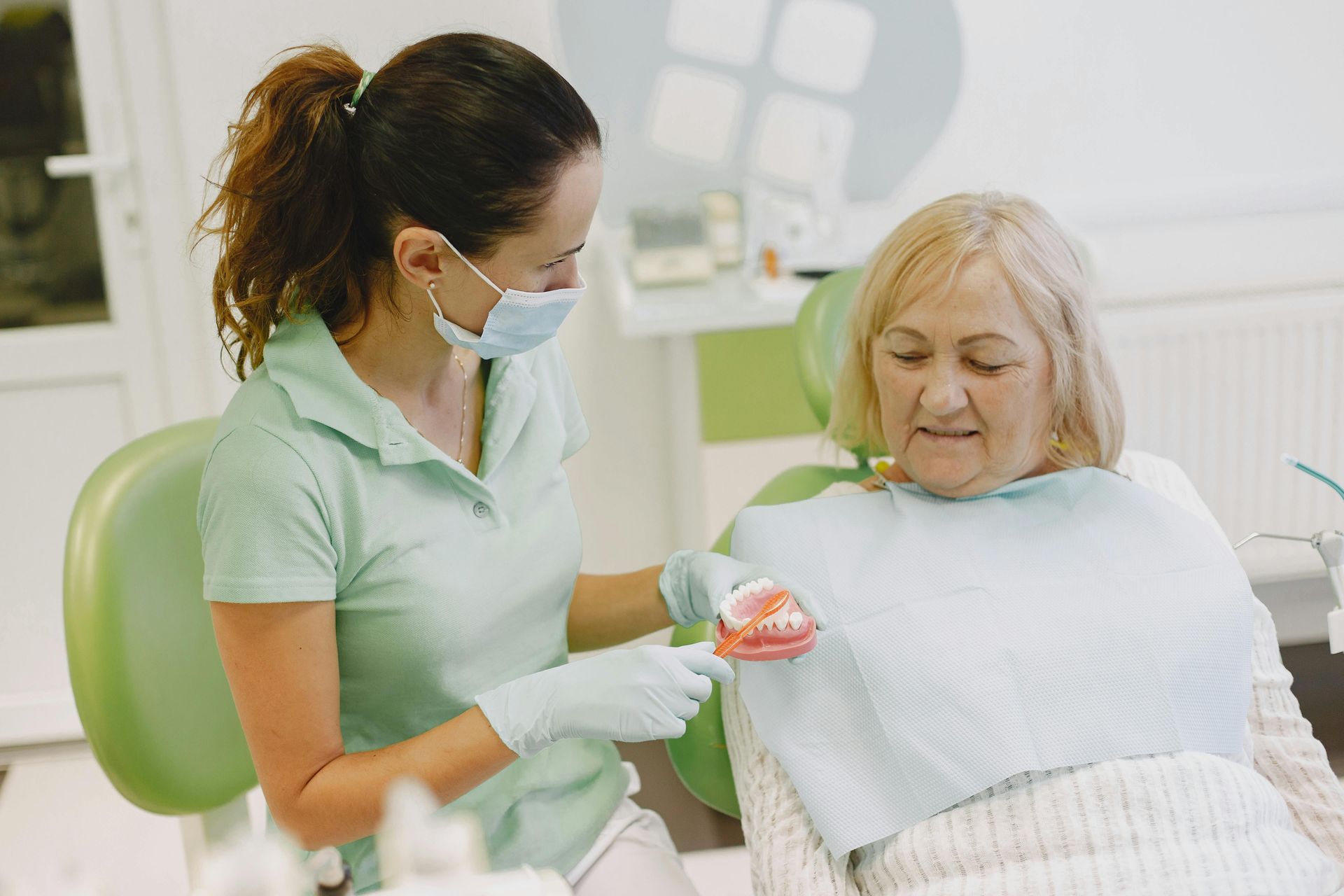Sensitive Teeth? Discover Everyday Habits to Protect Your Smile
Understanding Sensitive Teeth
Tooth sensitivity, or dentin hypersensitivity, is a common dental issue experienced as tooth pain when teeth are exposed to certain triggers like cold foods or temperatures. This discomfort occurs when the protective layer, or outer layer of tooth enamel, wears down, exposing the underlying dentin or tooth roots that have tiny tubes leading to the nerve.
Causes of Tooth Sensitivity
- Consuming acidic foods and citrus fruits that erode tooth enamel.
- Brushing with a hard-bristle toothbrush instead of a soft-bristled one.
- Grinding teeth without using a mouth guard.
- Excessive use of abrasive toothpastes.
- Dental procedures such as a root canal.
Tips to Avoid Sensitive Teeth
- Use Fluoride toothpaste designed for sensitive teeth.
- Opt for a soft toothbrush and gentle brushing to protect enamel.
- Limit intake of acidic foods and citrus fruits.
- Rinse with warm water after consuming acidic foods or drinks.
- Utilize Fluoride gels and other products recommended by a dental professional.
- Wear a mouthguard if tooth grinding is an issue.
Taking these steps can help maintain a healthy outer layer of enamel, preventing further exposure of sensitive areas and promoting overall oral health. Always seek advice from a dental professional if you experience symptoms of tooth sensitivity or tooth decay for appropriate care.
Common Causes of Tooth Sensitivity
Tooth sensitivity is a discomforting condition that can interfere with enjoying everyday activities like eating and drinking. It is characterized by a sharp, sudden pain in the teeth, often in response to stimuli such as cold temperature or sweet and acidic foods. The sensitivity typically arises from the underlying dentin becoming exposed due to various factors. The most common causes include enamel erosion, gum recession, certain dietary choices, specific dental procedures, and tooth grinding. Understanding these causes can inform preventative strategies and treatment options.
Enamel Erosion
The enamel is the hard, outer layer of the teeth that protects the sensitive dentin underneath. Chronic exposure to acidic substances can wear this layer away, a process known as enamel erosion. Over time, erosion can thin and eventually strip away this protective covering, exposing the delicate areas of the tooth. Common contributors to enamel erosion include a high intake of sodas, sports drinks, and foods high in sugar and starch. Environmental factors, like dry mouth or acid reflux, can also accelerate this process.
Gum Recession
Gum recession occurs when the gums pull away from the tooth, exposing the root surface. This part of the tooth is not covered by enamel and therefore is much more sensitive to external stimuli. The recession can be caused by aggressive brushing, gum disease, or natural aging. It is important to follow proper brushing techniques with a soft toothbrush and monitor gum health to prevent or slow down recession.
Dietary Choices
Your diet plays an integral role in maintaining healthy teeth. Diets high in acidic foods and beverages such as citrus fruits, tomatoes, and acidic sports drinks can contribute to both enamel erosion and tooth sensitivity. Moderation is key, and it's advisable to rinse your mouth with warm water after consuming such items to neutralize the acids and minimize their impact.
Dental Procedures
Sometimes, after dental procedures like fillings, crowns, or a root canal, teeth may become temporarily sensitive. This is usually due to the inflammation of the inner tooth parts following the procedure. While this type of sensitivity is generally transient, lasting a few days to weeks, proper dental care and following the advice of your dental professional is essential for recovery.
Tooth Grinding
Tooth grinding, or bruxism, is a condition where one involuntarily grinds or clenches their teeth, often while sleeping. This habit can wear down the enamel over time and can even cause cracks or fractures in the teeth, leading to sensitivity. A dentist-prescribed mouth guard can be used to protect the teeth from the effects of grinding, thereby reducing the risk of developing sensitivity.
Keep these causes in mind and consult a dental professional for personalized advice and treatment options. Regular dental check-ups and proper oral hygiene practices are fundamental to preventing and managing sensitive teeth.
Common Triggers of Tooth Sensitivity
Tooth sensitivity, also known as dentin hypersensitivity, occurs when the protective layer of tooth enamel is worn away or gum recession occurs, exposing the dentin and tooth roots that lead to nerve endings. This can result in discomfort or sharp pain when teeth are exposed to certain stimuli. Identifying and managing these triggers can help reduce the symptoms of tooth sensitivity and maintain healthy teeth.
Hot Foods and Beverages
Consuming items like hot coffee or soup can be problematic for those with sensitive teeth. Heat can expand and contract tooth material, which may cause tiny cracks to form in the enamel or irritate exposed nerves. To avoid tooth pain from hot foods and beverages, savor these items at a more moderate, warm temperature and try not to sip them frequently throughout the day, which can increase sensitivity.
Cold Foods and Drinks
Alternately, cold foods and drinks are equally notorious for triggering a painful response, typically characterized by a sharp, quick sensation. Ice cream, chilled water, and cold beverages can be culprits. To reduce sensitivity to cold temperatures, it is advised to avoid biting into cold foods with your front teeth and to drink icy liquids with a straw to minimize contact with sensitive back teeth.
Sweet and Acidic Foods
Sweet treats such as candy, as well as acidic foods, including citrus fruits and sports drinks, can exacerbate tooth sensitivity. The sugar and acid in these foods can contribute to tooth decay and enamel erosion. To minimize the effects of sweet and acidic foods, it's important to consume them in moderation, rinse your mouth with water afterward, and wait for at least 30 minutes before brushing to avoid further enamel damage.
Oral Hygiene Products
Certain toothpastes and mouthwashes may contain abrasive ingredients or high levels of alcohol, which might promote sensitivity. Whitening toothpastes, in particular, often contain harsher compounds. Switching to a soft-bristled toothbrush, using desensitizing brands of toothpaste, and avoiding mouth rinses with alcohol can protect against increased tooth sensitivity. It's also wise to steer clear of hard-bristled toothbrushes, which can further wear away the enamel and dentin.
Practical Treatments for Sensitive Teeth
Dealing with tooth sensitivity can be a bothersome experience, eliciting discomfort or pain upon encountering stimuli, such as cold temperature, hot drinks, or acidic foods. This condition, dentin hypersensitivity, typically arises when the protective layer of tooth enamel is worn away, exposing the dentin or when gum recession exposes the tooth roots. Fortunately, there are several practical treatments to mitigate the symptoms of tooth sensitivity:
- Use a desensitizing toothpaste.
- Apply fluoride treatments.
- Switch to a soft-bristled toothbrush.
- Avoid acidic foods and drinks.
- Use a mouth guard to prevent tooth grinding.
- Rinse with warm water instead of cold.
- Consider getting a root canal if necessary.
These treatments can help in rebuilding the lost enamel or creating a new protective barrier to shield sensitive areas of your teeth. It's crucial to maintain optimal oral hygiene and consult a dental professional to determine the best course of action suited to your individual needs.
Desensitizing Toothpaste
Desensitizing toothpaste contains compounds that help block the transmission of pain signals from the surface of your tooth to the nerve inside. Regular use can gradually reduce tooth sensitivity. Here's how to leverage desensitizing toothpaste effectively:
- Brush gently twice a day using a soft toothbrush.
- Allow the toothpaste to sit on the teeth for a couple of minutes before rinsing.
- Avoid rinsing immediately to give the active ingredients time to work.
Different brands of toothpaste offer formulations targeting sensitivity. With consistent use, patients often notice a significant decrease in tooth pain.
Fluoride Treatments
Fluoride treatments play a critical role in combating tooth sensitivity. By fostering the remineralization of the tooth enamel, fluoride creates a stronger outer layer that can resist the triggers of sensitivity. Here are the key facts regarding fluoride treatments:
- Professional fluoride gels or varnishes can be applied by a dental professional.
- Over-the-counter fluoride rinses can be used at home as part of daily oral care.
- Fluoride strengthens tooth enamel and can reduce pain associated with tooth sensitivity.
For those with heightened susceptibility to sensitive teeth, regular fluoride treatments may prove essential in keeping dental sensitivity at bay. It is always recommended to seek guidance from a dental professional before starting any new treatment.
Preventive Measures for Tooth Sensitivity
Tooth sensitivity, or dentin hypersensitivity, is a common dental problem that can cause discomfort and pain when teeth are exposed to stimuli, such as cold temperatures or acidic foods. This condition arises when the protective layer of tooth enamel wears away, exposing the underlying dentin that contains tiny tubes leading directly to the tooth's nerve center. Fortunately, there are several strategies individuals can employ to avoid or reduce the symptoms of tooth sensitivity and maintain healthy teeth.
Maintaining Proper Oral Hygiene
Good oral hygiene is crucial in preventing tooth sensitivity. Ensuring that plaque, which can lead to tooth decay and gum disease, is kept at bay involves brushing at least twice a day with fluoride toothpaste. Fluoride strengthens enamel, creating a protective barrier against sensitivity. Flossing daily is also critical to remove debris between teeth that can contribute to enamel erosion. Individuals should also consider regular dental check-ups and cleanings to detect and address any early signs of decay or enamel wear.
Choosing the Right Toothbrush
The choice of toothbrush plays a significant role in managing tooth sensitivity. Soft-bristled toothbrushes are recommended over hard-bristle brushes, as they are less abrasive on both the tooth enamel and the gum line. When brushing, use gentle, circular motions instead of vigorous or harsh scrubbing to minimize enamel wear. Additionally, consider using specially-formulated toothpaste designed for sensitive teeth. Many brands of toothpaste offer products aimed at reducing tooth pain associated with sensitivity.
Adjusting Eating Habits
Acidic foods and beverages, like citrus fruits and sports drinks, can erode tooth enamel over time. To prevent this, limit your consumption of these items and try to consume them only during mealtimes to reduce their effects on your enamel. Rinse with warm water after consuming acidic foods to neutralize their effects. Additionally, extreme temperatures can trigger sensitivity, so avoiding overly hot or cold foods and drinks may help manage symptoms.
Avoiding Teeth Grinding
Tooth grinding, or bruxism, can contribute to wearing down the enamel and increasing tooth sensitivity. If grinding is an issue, especially at night, consulting with a dental professional is advised to discuss the possibility of using a mouth guard. These protective devices can prevent teeth from grinding against each other, helping to preserve the enamel and reduce sensitivity. Stress-reduction techniques may also be beneficial for those whose teeth grinding is stress-related.
Following these preventive measures can be effective in avoiding sensitive teeth and maintaining oral health. When symptoms of tooth sensitivity do arise, it's important to consult with a dental professional who can offer a proper diagnosis and further personalized recommendations, which might include Fluoride gels or even a root canal if the sensitivity is due to deep decay or infection.
When to Seek Professional Dental Advice
If you're experiencing symptoms of tooth sensitivity, such as a sharp pain when consuming cold foods or beverages, it's important to know when to seek professional dental advice. Frequent episodes of tooth sensitivity may indicate underlying issues, including tooth decay or more severe conditions that could require a root canal.
Consult a dental professional if you notice any of the following:
- Persistent tooth pain lasting more than two days
- A noticeable change in how your teeth respond to temperature changes
- Pain when biting or chewing, which could suggest a crack or decay
- Swelling or bleeding around the tooth or gums
- Pain that disrupts your regular activities or sleep
Early intervention by a dental professional can prevent further damage and maintain healthy teeth. They may recommend treatments like Fluoride gels, avoiding certain brands of toothpaste that are too abrasive, or even a mouth guard if tooth grinding is a concern.
At Don River Dental we give you the best tips . If you are experiencing any symptoms or pain please feel free to call us at (416) 901 - 9292 and someone from our team will be happy to answer any questions and schedule an appointment as soon as possible. We offer safe soothing dentistry in North York.












